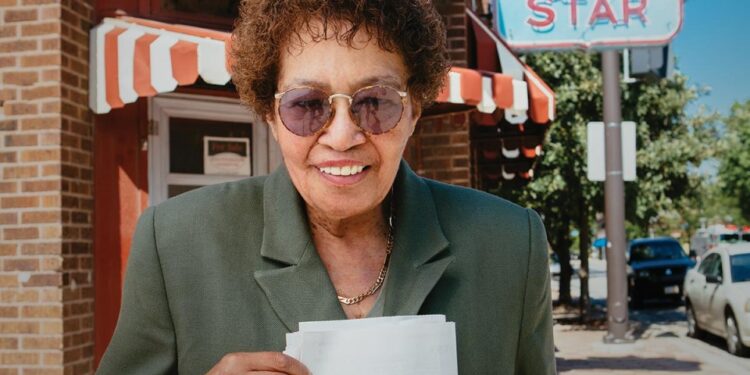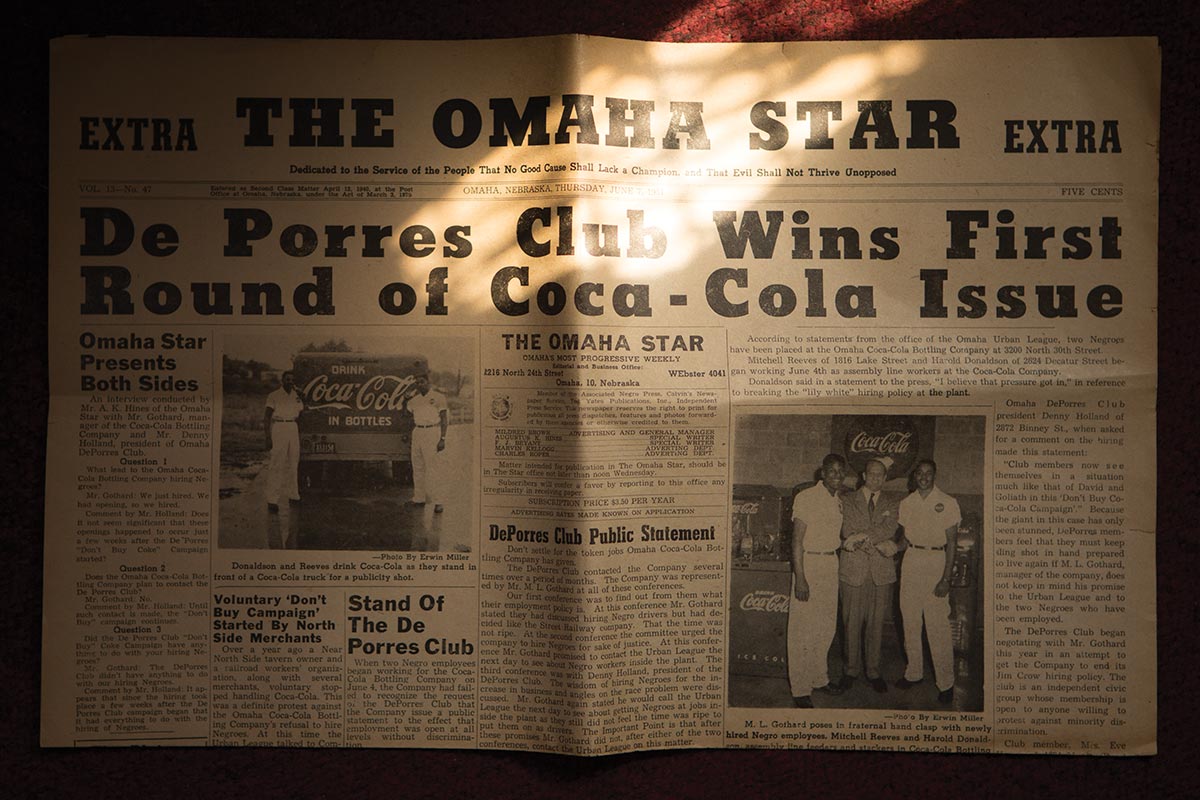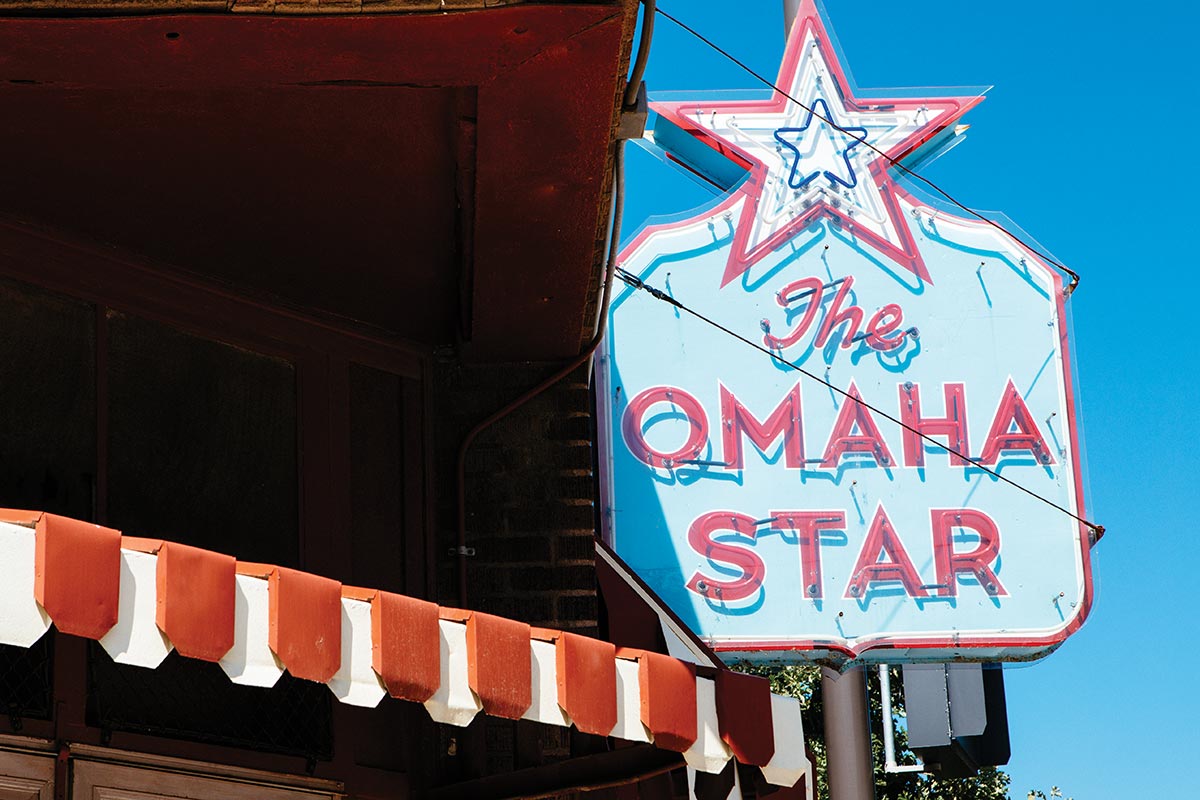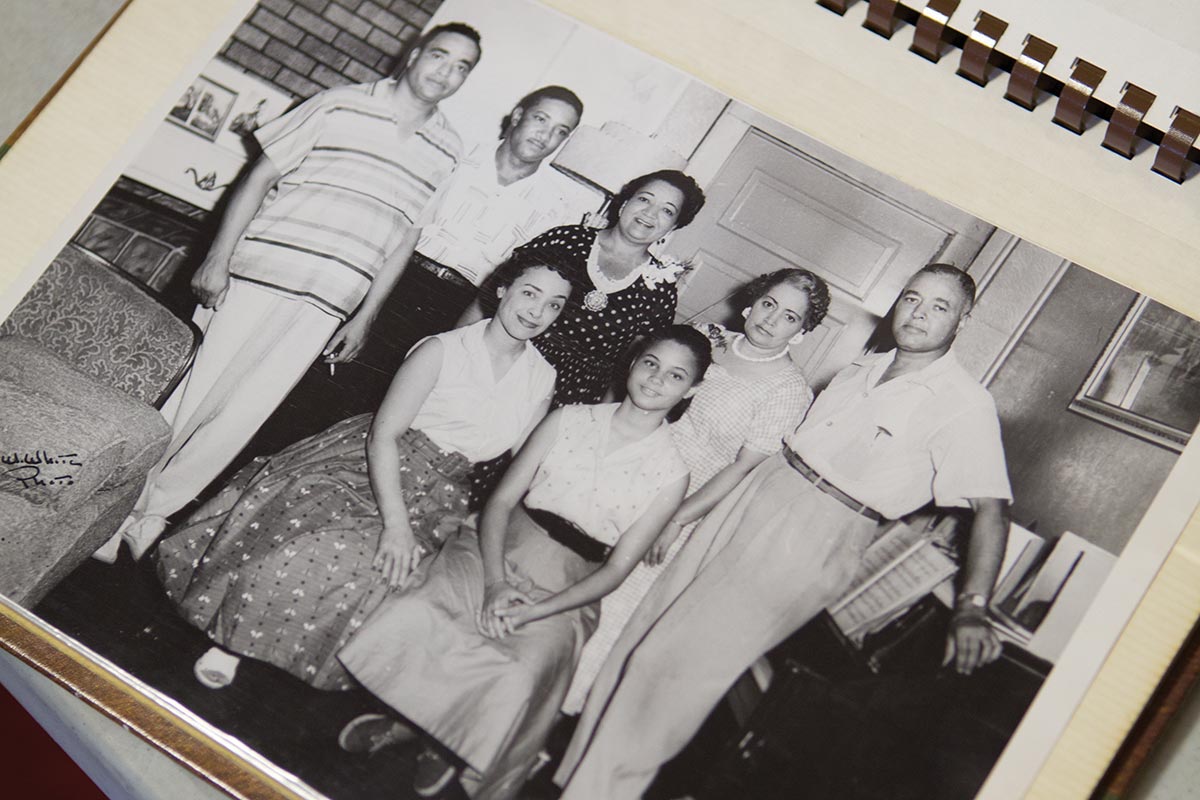Omaha Star publisher Dr. Marguerita Washington will tell you the goal of the Omaha Star over its 75 years of covering events in north Omaha always has been “to print only the good news.”
“Not crime, not the things that bring the community down,” she says. “Other media outlets can do that. Television loves that stuff. Our goal is to show the good things that are happening all around us.”
At first glance, Washington’s mission statement might make it sound like the Star has been a 75-year-long puff piece. Longtime readers, though, know that is not the case. When Washington says “only good news,” that description includes a vast catalog of stories and opinion pieces that have documented and driven more than seven decades of the battle for civil rights in Omaha.
As such, the Star was part of a nationwide network of community newspapers that were integral to the push for equality across America.
“When the mainstream media had policies of disenfranchising and alienating the so-called ‘black community,’ these other papers [such as the Star] brought stories and news to light,” says Sharif Liwaru, president of the board of the Malcolm X Memorial Foundation.
“The Omaha Star was where top African- American journalists were sharpened and prepared to compete in even the toxic racial climate of other media outlets,” he says.
“There has been a lot of discrimination in this city over the years,” Washington adds. “It was the job of the Star to report on cases of discrimination and push for an end to the injustices.”
There have been several events this year celebrating the newspaper’s birthday, including a gala celebration in late April. On July 9—exactly 75 years after the first copy of the Star hit newsstands—Rep. Lee Terry honored the newspaper in a speech in the U.S. House of Representatives.
Dr. Washington has guided the Star for the last quarter century. It was her aunt, Mildred Brown, who was the paper’s guiding force for its first half century.
In 1937, Brown moved from Sioux City to take a job selling advertisements for the Omaha Guide. A year later, she opened her own newspaper.
“She pretty quickly decided she wanted to go into business for herself,” Washington says. “She was a very driven woman. She was just sure she’d be able to compete with her former employer.”
The Guide perished. The Star lived on. Brown quickly became a leader in the black community. Soon, Brown and her paper were kingmakers in North Omaha.
The Star arguably was at the height of its importance during the tumult of the 1960s.
“Local black owned and operated, often small papers like the Omaha Star played a pivotal role in spreading the ideas of leaders such as Malcolm X and Marcus Garvey,” Liwaru says.
Washington was an educator, having spent time teaching in Scotland and, later, the Omaha Public Schools. But Brown wanted Washington to be her successor. Washington says she was not fully prepared to take over the paper when her aunt died suddenly in late 1989. “But we did what we had to do.”
The Star continues to publish about 30,000 newspapers that are sent to subscribers in all 50 states. It remains a force in the community. But, like many newspapers in the country, “it hasn’t always been easy to keep the presses running,” Washington says.
“Honestly, it can be an emotional roller-coaster,” she adds. “We ride along with the economy of the community.”
And the Star, she says, must change with the times to survive. Already the newspaper’s vast archive of stories, photos, and opinion pieces are being digitized for internet access. Washington admits the Star has been slow to get current content accessible online. Like so many other publications trying to survive in the internet age, Washington will have to find the right recipe for generating advertising revenue from a website.
But Washington plans to keep publishing for as long as she can. When it comes time, she hopes another person will step up—as she did—to keep the historic paper alive for decades to come.
“I don’t have any children, but I do have a few thoughts about who might take up the paper after I’m finished,” she says. “I’m just not sure if they’d be crazy enough to take this job. All I can do is hope.”
















